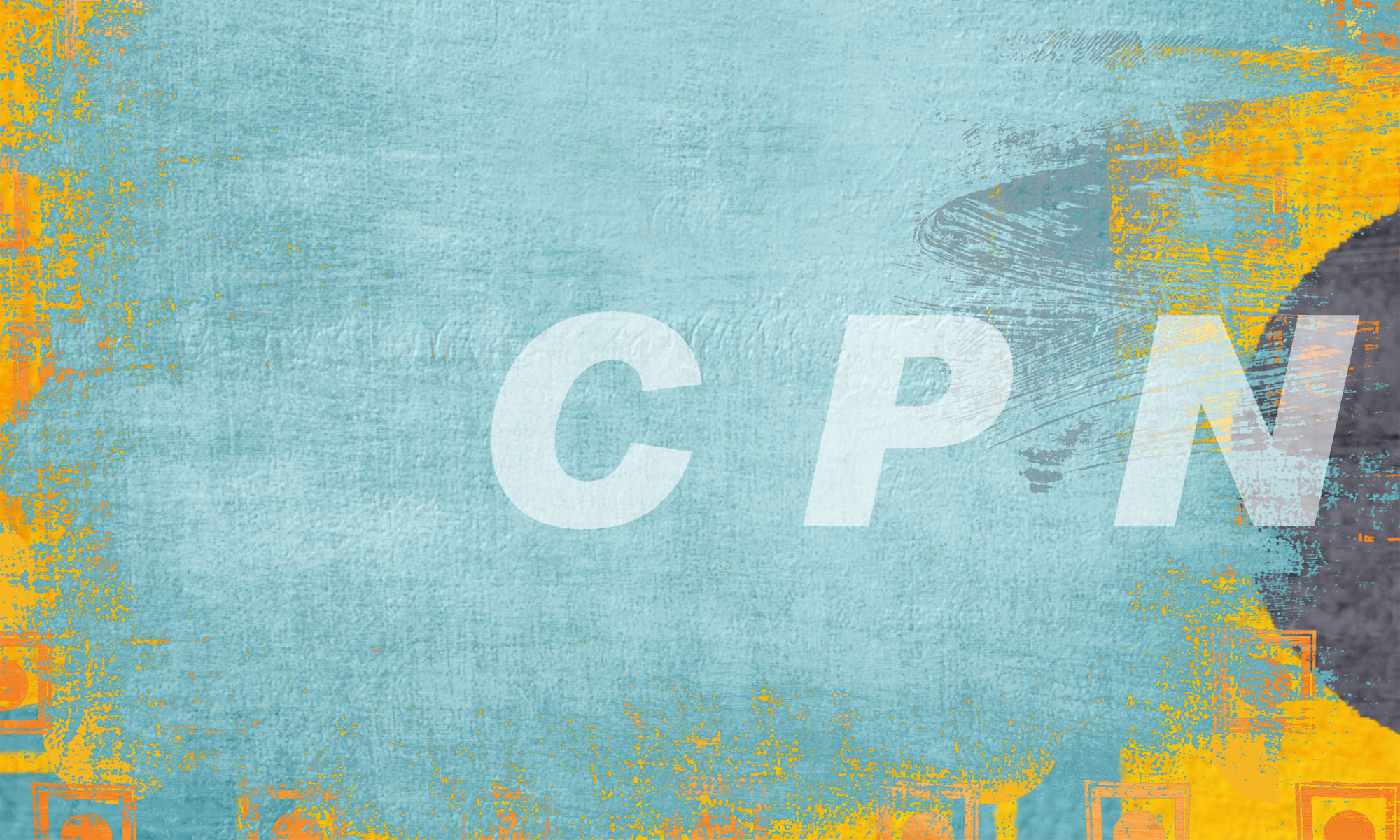Over the Summer, the Commonwealth of Virginia released new guidelines for Instructional Technology Resource Teachers. The new document updates the 2005 version, “revisits the original intent of the ITRT program; examines results, as documented through three studies; and offers recommendations.”
In this show, Steve talks with two ITRTs who are old friends of the show: Tina Coffey from Salem City Schools, and Sean Sharp, from Floyd County Schools. They share their reactions to the new guidelines and provide insight into the changing and difficult-to-capture nature of their positions.


 We have recently been exploring using wikis in our teaching. In this show, the GenTech boys are joined by special guest Linda Wright from the College of Health Professions at Armstrong Atlantic State University in Savannah, Georgia. We discuss some of the opportunities and challenges inherent in using wikis in the classroom.
We have recently been exploring using wikis in our teaching. In this show, the GenTech boys are joined by special guest Linda Wright from the College of Health Professions at Armstrong Atlantic State University in Savannah, Georgia. We discuss some of the opportunities and challenges inherent in using wikis in the classroom. Our world is a-buzz with podcasting, and Web denizens with an edtech bent are wondering, Could I be a podcaster? Could my students create podcasts? Can podcasting really enhance learning? In this episode, the GenTech boys discuss the underlying technology of podcasting in an effort to help teachers decide whether podcasting, from a technical standpoint, is a good fitkj with their teaching practice. Next week’s show will focus on specific educational applications of podcasting.
Our world is a-buzz with podcasting, and Web denizens with an edtech bent are wondering, Could I be a podcaster? Could my students create podcasts? Can podcasting really enhance learning? In this episode, the GenTech boys discuss the underlying technology of podcasting in an effort to help teachers decide whether podcasting, from a technical standpoint, is a good fitkj with their teaching practice. Next week’s show will focus on specific educational applications of podcasting.